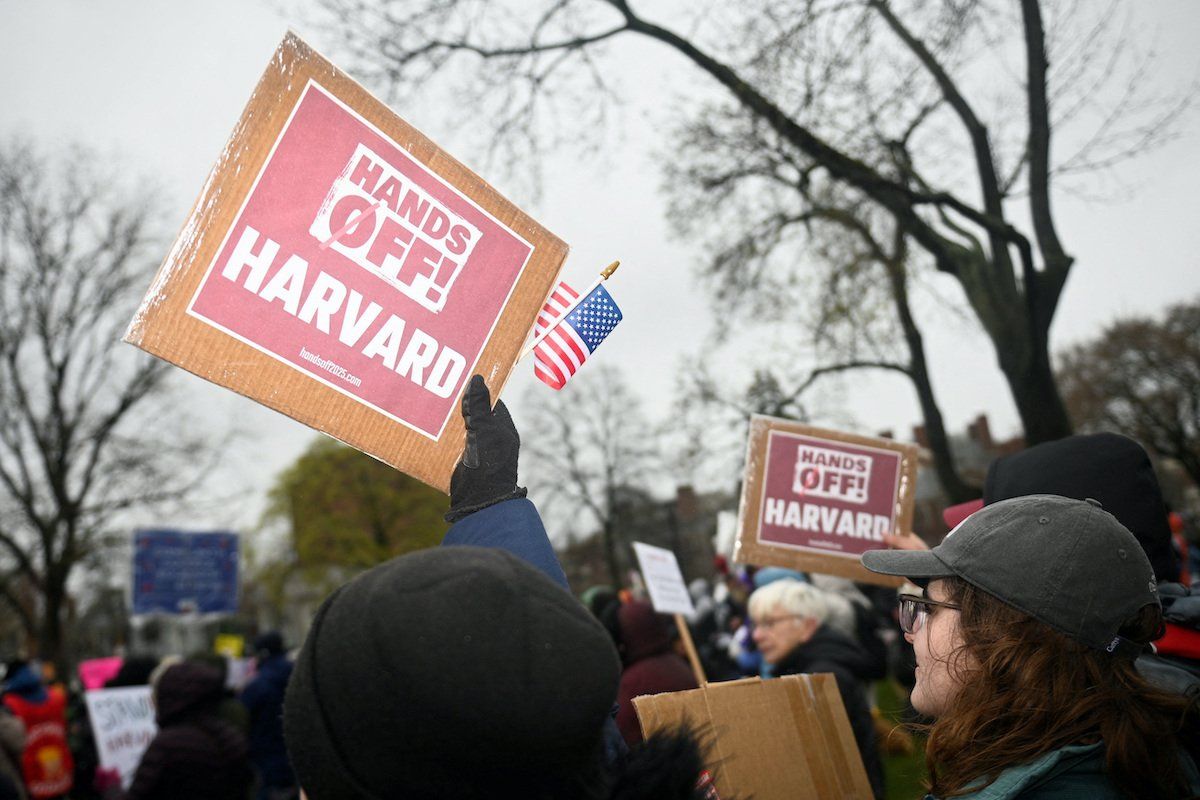2.2 billion: The Trump administration late Monday froze $2.2 billion in federal funding for Harvard after the university refused to submit to White House demands that it scrap DEI initiatives, screen and report foreign students who are suspected of being "supportive of terrorism and anti-Semitism", and appoint an independent body to ensure viewpoint diversity in academic hiring. Harvard is the first school to openly defy the administration, which has been pressuring a number of other universities as well, via the new Joint Task Force to Combat Anti-Semitism, a response to last year's campus upheavals related to the Gaza conflict. Columbia University in March caved to similar White House demands in order to negotiate the reinstatement of $400 million in funding.
6: Six women – among them singer Katy Perry and TV presenter Gayle King – were hurtled into the upper reaches of Earth’s atmosphere on Monday aboard a rocket from Blue Origin, the spaceflight company founded by Amazon’s Jeff Bezos. It was the first female-only space flight since Russian astronaut Valentina Tereshkova's solo journey in 1963. The fully automated spacecraft is a part of Blue Origin’s goal to make space tourism mainstream.
12: Algeria has expelled 12 French officials in a growing spat between the two countries that began with the arrest of three Algerian nationals in France on Friday. The three were suspected of involvement in the brief abduction in 2024 of Amir Bokours, an Algerian opposition figure with a huge online following who has lived in France for more than a decade.
17: Ecuador’s sovereign bonds jumped a heady 17 cents on the dollar on Monday, following the re-election of Daniel Noboa, a tough-on-crime conservative from a banana dynasty. It was a stark turnaround after Ecuador’s debt plunged earlier this year following the strong first round electoral showing of Noboa’s opponent Alisa González, a leftist with ties to former President Rafael Correa, who oversaw a 2008 debt default.
